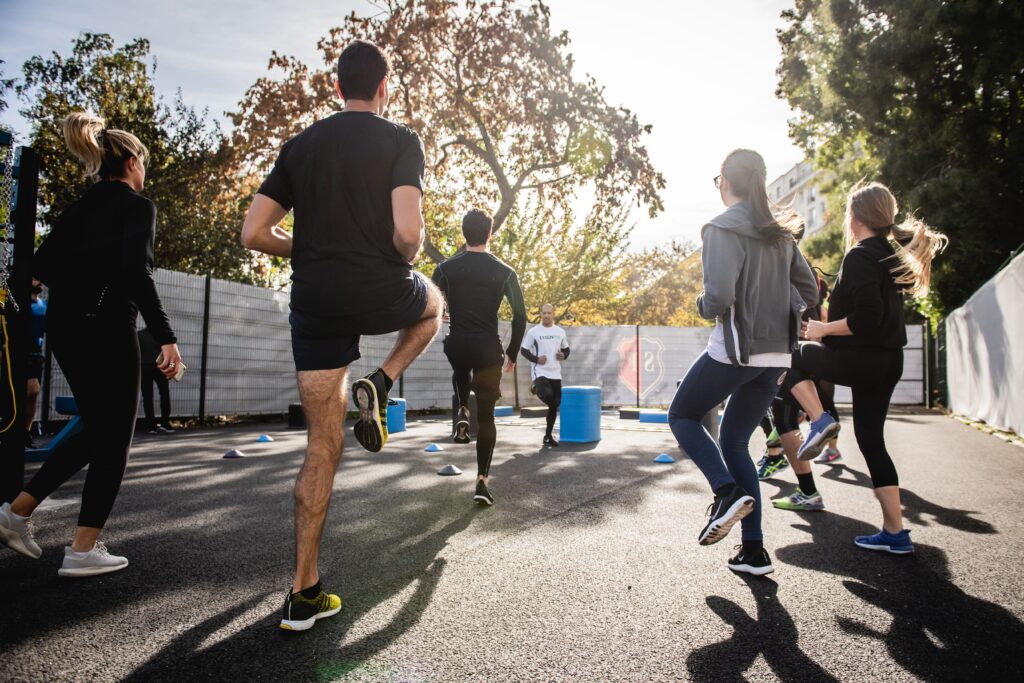Introduction: Exercise physiologist jobs have gained increasing prominence in recent years as people become more health-conscious and recognize the benefits of physical activity. In this article, we will delve into the world of exercise physiologist jobs, exploring their responsibilities, qualifications, job outlook, and the significant impact they make on individual health and well-being.
What Are Exercise Physiologist Jobs?
Exercise physiologists are healthcare professionals who specialize in understanding how the human body responds to exercise and physical activity. They leverage this knowledge to design tailored exercise programs for individuals with diverse needs, from athletes aiming to enhance their performance to patients recovering from medical conditions.
Qualifications for Exercise Physiologist Jobs
To embark on a career in exercise physiology, aspiring professionals typically need a bachelor’s degree in exercise physiology, kinesiology, or a related field. Some specialized roles may require a master’s degree. Additionally, many exercise physiologists opt to obtain certification from reputable organizations like the American College of Sports Medicine (ACSM) or the National Strength and Conditioning Association (NSCA) to enhance their qualifications and job prospects.
A Day in the Life of an Exercise Physiologist
Exercise physiologists work in various settings, each with its unique demands. In hospitals and rehabilitation centers, they play a crucial role in helping patients regain their physical strength and mobility after surgeries or illnesses. In fitness centers and corporate wellness programs, they guide clients towards healthier lifestyles through customized exercise routines. Regardless of the setting, exercise physiologists conduct fitness assessments, develop exercise prescriptions, monitor progress, and educate clients on making informed choices about their health.
Specializations within Exercise Physiology
Exercise physiology offers a diverse range of career paths. Some professionals choose to specialize in specific areas, such as cardiac rehabilitation, where they work closely with individuals recovering from heart-related issues. Others may focus on pediatric exercise, helping children and adolescents develop healthy exercise habits. The geriatric exercise specialization involves assisting older adults in maintaining mobility and independence. Sports performance enhancement is another exciting area, where exercise physiologists collaborate with athletes to optimize their physical capabilities.
Job Outlook and Salary
The demand for exercise physiologists is on the rise, driven by a growing awareness of the importance of physical activity in preventing chronic diseases and promoting overall well-being. With an aging population and an emphasis on preventive healthcare, the need for exercise physiologists is expected to remain strong. Salary varies based on factors like location, experience, and education but typically offers competitive compensation.
Continual Learning and Professional Growth
Exercise physiologists must stay current with the latest research and advancements in exercise science to provide the best care to their clients and patients. Continuing education, attending conferences, and pursuing advanced certifications are ways professionals in this field stay ahead.
Conclusion
Exercise physiologist jobs offer a fulfilling and rewarding career path for those passionate about health and fitness. These professionals play an integral role in improving the lives of individuals and communities by promoting physical activity and healthy lifestyles. As the world increasingly values the role of exercise in overall health, exercise physiologists are poised to make a lasting impact on the well-being of countless individuals.
In summary, exercise physiologist jobs are not just careers; they are opportunities to inspire and guide people toward healthier, more active lives, making them an essential asset to the healthcare industry and society as a whole.


